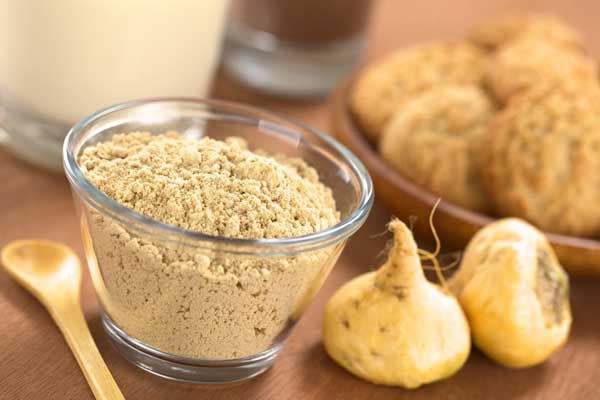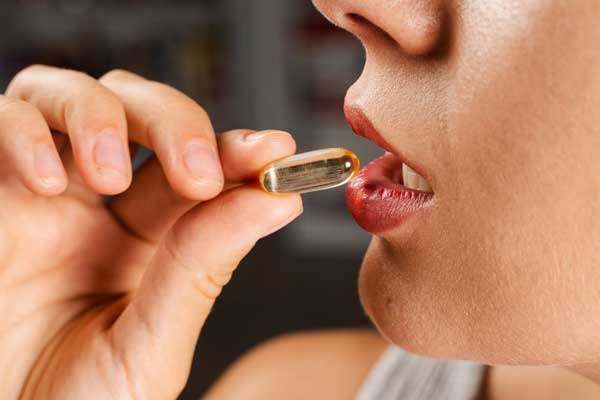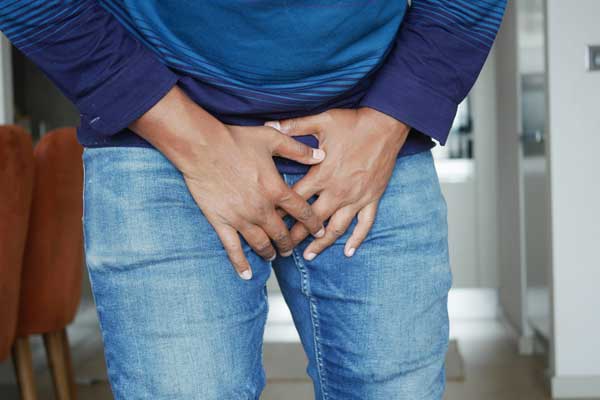Knowledge for a Healthier You
-

The Power of Ashwagandha: A Personal Journey of Highs and Lows
Ashwagandha, an ancient Ayurvedic herb, has gained increasing popularity in recent years for its potential benefits in managing stress, anxiety, and cognitive function. As a health and wellness enthusiast, I decided to embark on a 30-day personal experiment with this adaptogenic supplement to see if it could positively impact my mental health, mood, and energy…
-

Power of Rexon: A Guide to Topical Erectile Dysfunction Relief
Erectile dysfunction (ED) is a common condition that affects men of all ages, and finding effective solutions can be a daunting task. Traditionally, oral medications like Sildenafil (Viagra) and Tadalafil (Cialis) have been the go-to treatments. However, a new player has entered the game – the Rexon topical gel, an over-the-counter alternative that promises rapid…
-

Maca Root for Men’s Health – Boost Libido
Are you seeking a natural way to enhance your overall well-being and sexual health? Look no further than the ancient Peruvian superfood, maca root. This cruciferous vegetable, cultivated for over 2,000 years, has been revered for its potential to boost libido, improve sexual function, and promote overall vitality in men. In this comprehensive article, we’ll…
-

8 Medical School Application Red Flags to Avoid at All Costs
With thousands of applicants vying for limited medical school seats, standing out in a positive way is essential. However, medical school admissions committees are watching for problematic red flags that make their jobs easier by screening out riskier applicants. This article will cover the top 8 medical school application red flags you must avoid to…
-

10 Popular Medications Singaporeans Are Buying in Malaysia: How Much Cheaper and Are They Safe?
It’s no secret that many Singaporeans regularly make the trip across the causeway to Johor Bahru, Malaysia to purchase everyday items like groceries and fuel. But beyond the lure of cheaper household essentials lies a thriving medical tourism industry catering to Singaporeans seeking more affordable prescription medications. In this article, we uncover the most popular…
-

10 Warning Signs You Need More Probiotics
Probiotics are beneficial bacteria that live in your gut and play an important role in digestion, nutrient absorption, immune function, and protection against infections. But if your gut doesn’t have enough probiotics, you may start experiencing various symptoms indicating an imbalance. This article will discuss 10 warning signs that you may need more probiotics and…
-

5 Genius Ways to Get More Collagen in Your Life Right Now
Collagen is often referred to as the secret fountain of youth. But what exactly is collagen and how can you get more of it in your daily life? In this article, we’ll explain 5 easy and natural ways to increase your collagen production and slow down the aging process. Collagen is the most abundant protein…
-

How Curcumin in Turmeric Starves Cancer Cells and Slows Tumor Growth
Curcumin, the active compound in turmeric, has been extensively researched for its anti-cancer effects. A newer study provides insight into curcumin’s ability to starve cancer cells and slow tumor growth through a unique mechanism of action. In this in-depth article, we’ll examine the key findings of how curcumin targets cancer cell energy production and restricts…
-

Key Ingredients in Supplements That Can Boost Sexual Function and Testosterone
Have you ever wondered which ingredients and supplements actually work to support sexual function and testosterone levels? What about popular minerals like zinc, magnesium and boron – do they really help in any measurable way? As a urologist and pelvic surgeon, I get these questions a lot. In this article, I’ll go over the most…
-

The Amazing Health Benefits of Maca Root You Should Know About
Maca root, also known as Peruvian ginseng, is a powerful medicinal herb that has been used for centuries in Peru. Modern research has confirmed its incredible benefits for health and wellbeing. In this comprehensive guide, we will explore the top 9 evidence-based maca root benefits you need to know about. Maca root (Lepidium meyenii) is…
-

12 Cancer-Fighting Foods to Incorporate Into Your Diet
Cancer is a devastating disease, but the foods you eat can have a major impact on your risk of developing cancer or experiencing a recurrence. Research has identified specific nutrients, compounds, and foods that have anti-cancer effects and can help cancer cells die. In this comprehensive guide, learn about 12 of the top foods to…
-

3 Surprising Tips to Fully Empty Your Bladder Each Time
Frequent urination and urine leakage can cause embarrassment and disrupt your daily life. The inability to fully empty your bladder puts you at risk for infections, kidney stones, and other complications. Fortunately, there are simple yet effective strategies you can use each time you urinate to make sure your bladder is completely empty. In this…

